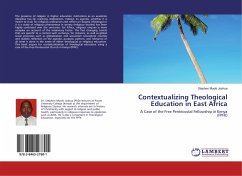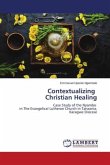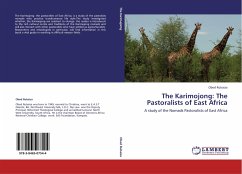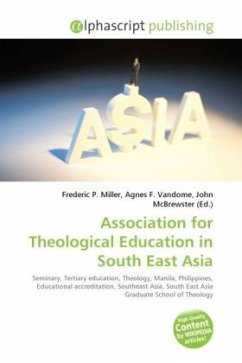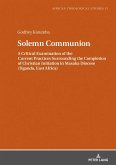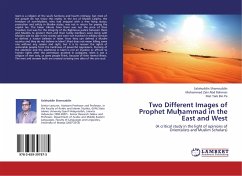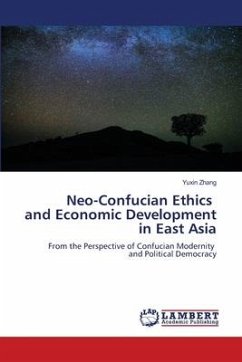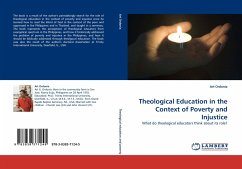The presence of religion in higher education institutions as an academic discipline has far reaching implications. Indeed, its agenda, whether it is meant to train for religious ordinances and reflect on dogma (theology) or it is a study of religious phenomena in society (religious studies) has been highly contested over the centuries. For Africa, religious enquiry is more complex on account of the missionary factor. The fast changing trends that are specific to a context such as Kenya, for instance, as well as global social processes such as globalization and secularism necessitate creative and realistic reflection on the agenda, purpose, pattern, and relevance of all what is done in the name of either theological or religious education. This book argues for contextualization of theological education using a case of the Free Pentecostal Church in Kenya (FPFK).
